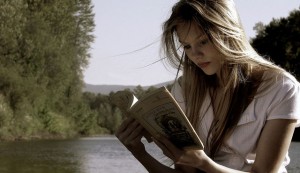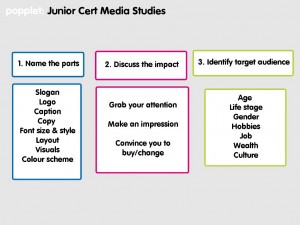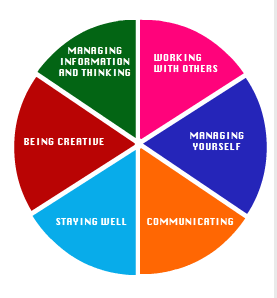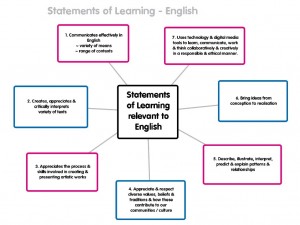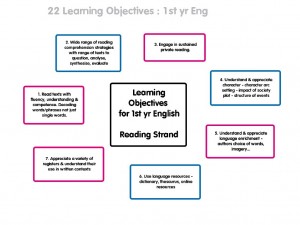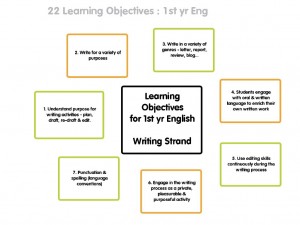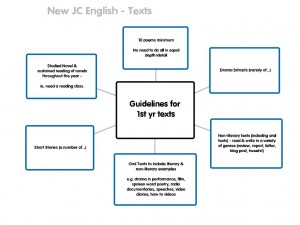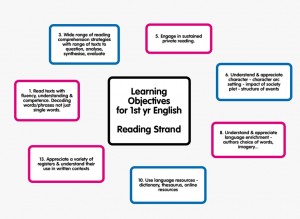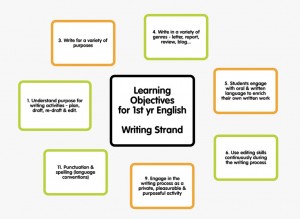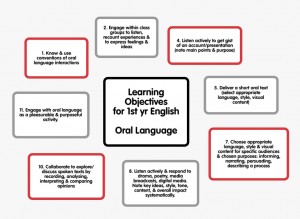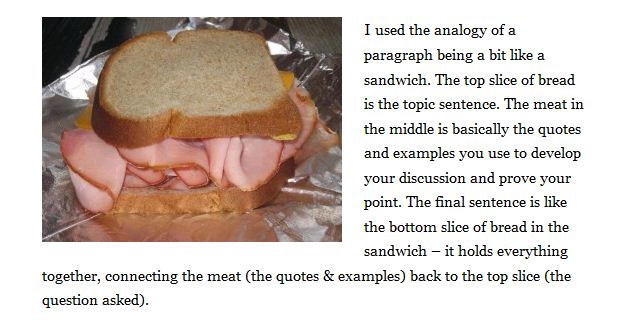I’m posting yet another brilliant piece of writing from one of my students, this time a junior, but she also wants to remain anonymous! We had discussed descriptive writing & identified the main features of good descriptive writing; then I gave them a series of topics and they chose one… Here’s her vivid childhood memory…
My head was over my mother’s shoulder. I snuggled into the nape of her neck, my arms and legs wrapped around her like a sloth on a tree, yet my body felt limp. As I entered the house, the warm burst of air hit my face and the star covered sky suddenly didn’t exist anymore. I could nearly taste the salt lingering in the air as I yawned with exhaustion. As my mother carried me away from the aromas I only ever witnessed once a year, I could feel this morning’s eggs and sausages dance in my stomach.
As we continued down the hall I could see the twinkling lights from the corner of my eye, but I quickly turned my head away, making sure I didn’t see anything I shouldn’t. The swirling increased as we neared the door of my sister’s bedroom. It was a yearly ritual that I slept with my sister as company on this night of supposed excitement but this terrified feeling that never left my stomach over-shadowed the anticipation that should have been enticing me to get to sleep quickly.
My breakfast started to dance around my belly as the thought of HIM entered my mind. Jumping up and down and hopping left to right, just like an Irish dancer was springing around covering the entire area of my stomach in a matter of seconds, leaping as high as they possibly could. My thoughts were as active as my eggs and sausages.
What if he saw me? He wouldn’t like me! He wouldn’t leave any presents!
What if he used his magic to kill me? Because I saw him! He doesn’t want people to see him.
What if I wake up too soon?
WHAT IF I SEE HIM?
All of a sudden my thoughts flowed out of my mouth in the form of ground up eggs and sausages. My body went rigid. The vomit streamed down the back of my mother’s favourite purple and black blouse. Water gushed out of my eye sockets as my mother tried to calm me down by kissing my forehead and saying “it’s ok”.
She slowly lay me down on my sister’s double bed. I could see the light flashing off the computer which seemed to relax me. My weeping started to ease and my breathing slowed to its normal rate. Mother’s smile suddenly gloomed over me. With her old Mayo jersey on she picked me up and changed me into my winnie the pooh pyjamas. She tucked me in beside my sister who wasn’t too happy to share her bed. She was angry enough already that the computer had to be in her room (there’s never room for it in our sitting room when the Christmas tree goes up).
Gradually, my sore red eyes began to close and soon enough I couldn’t even remember the worries that made me feel so anxious because I knew, by the time my eyes opened again, Santa Claus would have already visited.


